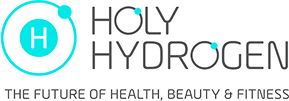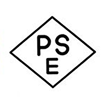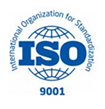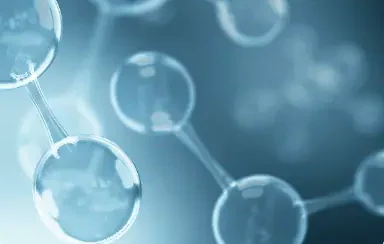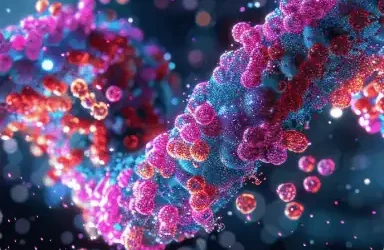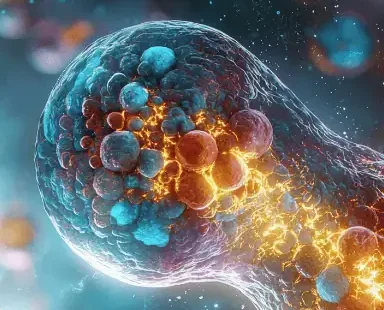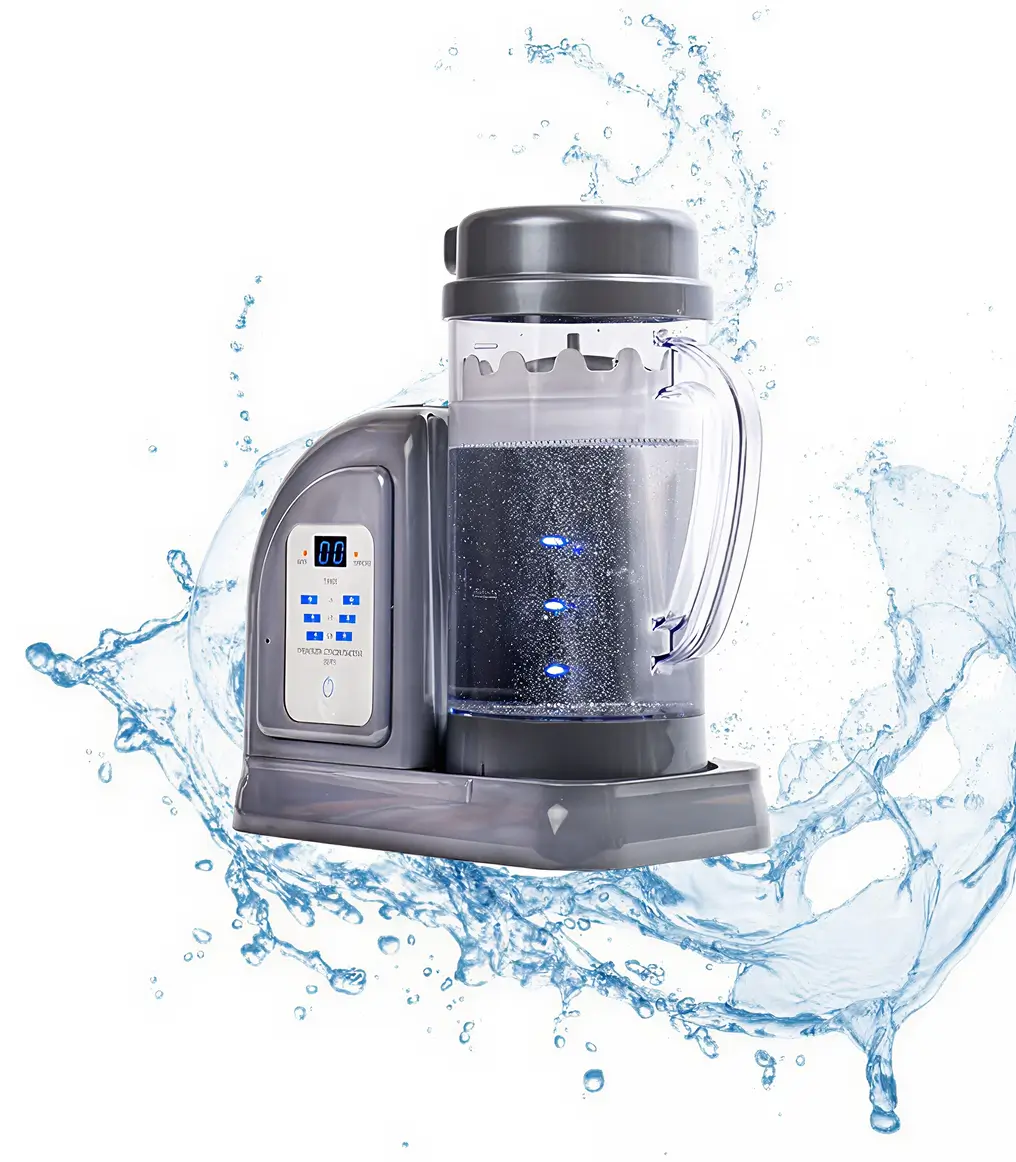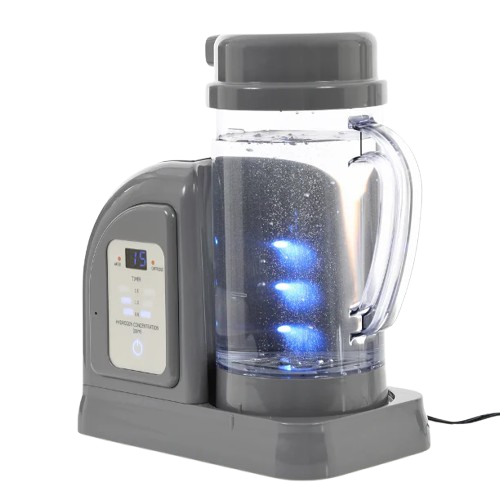Hydrogen therapy began gaining attention in the scientific community in 1975 when researchers from Baylor University and Texas A&M conducted a groundbreaking study. They discovered that exposing mice with skin tumors to hydrogen gas for two weeks resulted in a significant reduction in tumor size. This early study was one of the first to suggest that hydrogen could have therapeutic benefits. However, the results were not widely pursued at the time, and the potential for hydrogen as a treatment remained relatively unexplored for several decades.
Interest in hydrogen therapy surged again in 2007, when a team of Japanese researchers published a study on the therapeutic effects of molecular hydrogen in Nature Magazine. The study by Dr. Ohta from Japan reported that inhaling 2%-4% molecular hydrogen gas had a significant positive impact in a rat model of ischemia-reperfusion recovery. They observed that hydrogen seemed to react with toxic free radicals, but didn’t react with other beneficial radical oxygen species such as nitric oxide, hydrogen peroxide, and superoxide. In short, hydrogen neutralized only the most harmful free radicals in the body, while leaving other necessary molecules intact. This study spurred a wave of new research on hydrogen’s potential protective effects and its interactions with oxidative stress and inflammation-related pathways.
